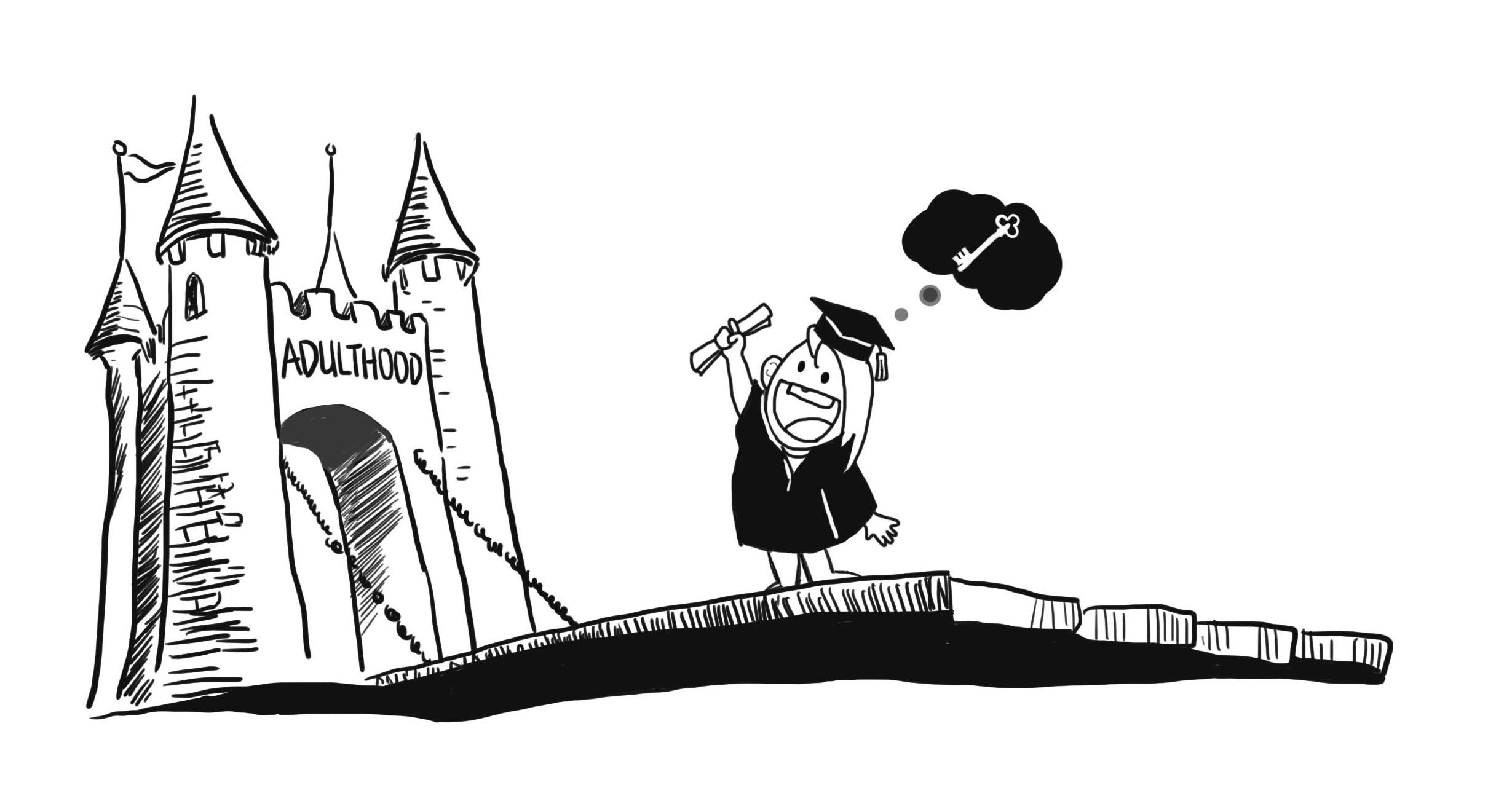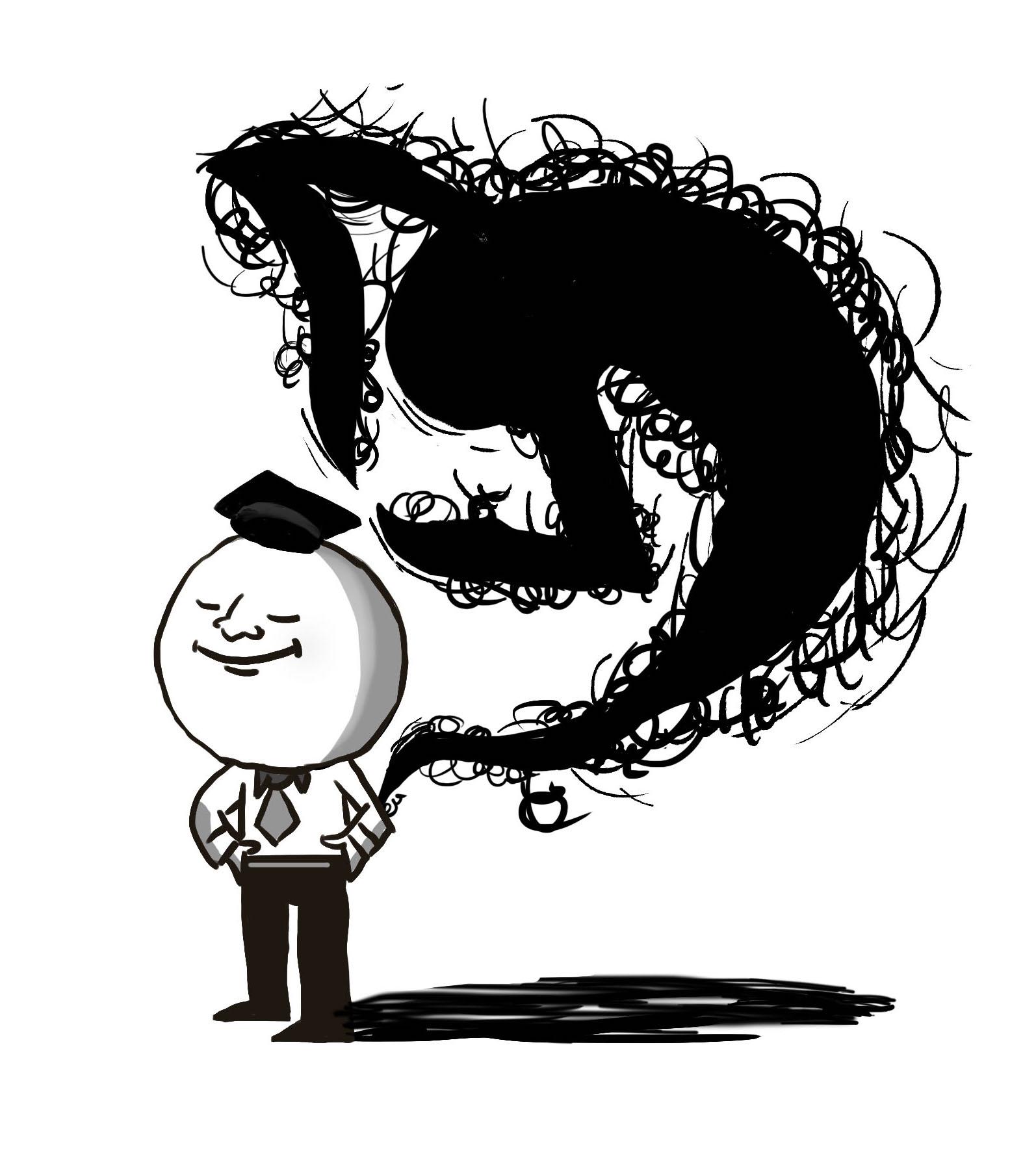
Clicking “Submit,” I realize the past four years, roughly 1200 days, 35,040 hours of my life have been condensed into a 12-page PDF file.
Did I rewrite essays countless times? Did I strategically word activities to sound more sophisticated? Did I avoid flaws and focus on my strengths? You guessed it: The answer to all of them is yes. But despite having to boast about myself everywhere in my application, or perhaps because of it, I learned more about how to be an adult.
The college application is the first step to adulthood: leaving our nest and flying off to a new home. Though we still have parents as think tanks, we are left to navigate the process on our own and nail down all the final decisions.
For example, we control how to present our own narrative. No one is submitting their first essay draft, yet overly glamorized essays lack authenticity in the eyes of admission officers. Essay editors can certainly help, but it’s up to us to determine where to draw the line.
We are held accountable for all information entered into the Common Application. Every box we check seems to say “Welcome to the adult world, where words can be used against you and your carelessness can ruin your future.” On top of that, our decisions affect our parents, teachers and counselors, since they’ve all signed agreements for us.
Since most of us go through this process before becoming legal adults, the college application is a kind of exit ticket from adolescence. When better than now to learn to take responsibility?
Polished college applications are not as fake as they seem. Consider them like gift wrapping — a decoration that does not change the value of what’s inside. As teens soon grown into adults, we are just adapting to the world. From colleges’ perspectives, the admission officers have enough experience to see what’s below the surface. After all, what they truly care about is the gift — us, as who we are.

My family’s dinner table conversations no longer revolve around our days. They do not revolve around current events, or books or movies. Instead, they revolve around me — and my college applications.
The college admissions process is, as some colloquially phrase it, a game. “Winners” are the best marketers, presenting themselves as conglomerates of well-crafted essays and carefully calculated activities. While self-promotion is arguably one of the most vital 21st-century skills, the college application “game” teaches this far too early and in the wrong way.
Take, for instance, the essays — the pinnacle of the admissions process. In response to self-reflective prompts, we capitalize on our hobbies. We weave complex stories out of our cultural backgrounds and lament obstacles and insecurities. While these essays can serve as powerful avenues for contemplation, they too often become glamorized. We know that colleges don’t like to hear stories of mediocrity, and so even in supposedly candid stories about struggle, there must always be some hidden beauty and sweet redemption, and always a life lesson learned.
Showing off our best, most essay-worthy moments doesn’t ingrain internal confidence but rather teaches us to fabricate facades of self-congratulation. There remains a disconnect between our actual selves and those which we present on paper.
Even in more objective measurements, we are told to market ourselves in the best light possible to elevate ourselves among a talented pool of applicants. Our transcripts reflect four years of strategically planned AP classes: genuine interests turned college checklists.
There is no perfect way to gauge an applicant’s personality and accomplishments through a written application that is read in under 10 minutes. The holistic review process many U.S. colleges currently use certainly has its advantages, but it also simply rewards students who best commercialize themselves. Perhaps there needs to be a broader shift in the traits we value in applicants and in the air that surrounds the college admissions process — humble more than boastful, sincere more than feigned, collaborative more than competitive.



